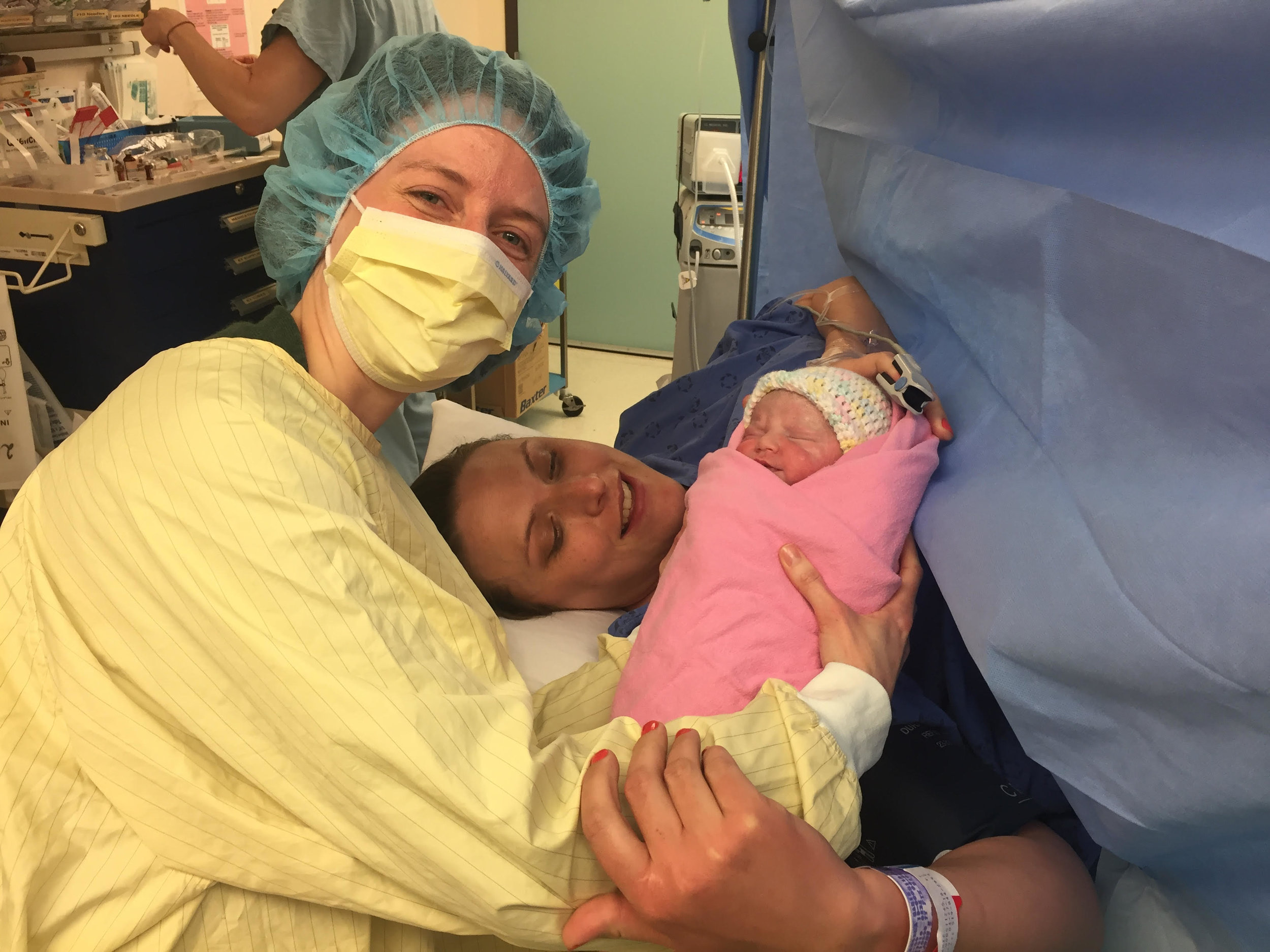The beginning of this series can be viewed here.
Another reason IVF ought to be rejected is that it treats human beings as commodities/objects.
Consider this language from Genesis Fertility Centre, which does IVF: “We are now proud to be perfecting the use of elective single embryo transfer (eSET)…Using eSET we’re able [to] select a single perfect embryo” [emphasis added].
What happens if a child is less than “perfect”? If they aren’t weeded out for destruction right there in the lab, then they may be killed in the womb: The Daily Mail in England reported that some IVF-conceived children who had Down Syndrome were aborted. That shouldn’t come as a surprise, really. When items we buy are imperfect, we return them to the store, expecting our money back, or an undamaged replacement. If we view humans as objects that we can manufacture to our specifications, then when they don’t “perform” or appear as we wish, it follows from such thinking that one would dispose of the “object.”
Or consider this language from the Society for Assisted Reproductive Technology (SART): “you can donate your embryos to another woman with fertility problems.” Since when is it ethical for one human to “donate” another human? Objects, like an original painting, can be donated (to a museum, for example)—but not subjects. Consider this: If a slave owner decided to “donate” his slave to another plantation, wouldn’t we be just as outraged as if he sold that slave? Wouldn’t we acknowledge that either approach treats the slave—a human being—as though she is a possession owned by someone else?
Some might raise a question here about the adoption of born children—isn’t adoption like what is being suggested by SART above? There’s an important difference: When placing a child for adoption, society does not use the language of “donation.” Adoption agencies do not say “You can donate your infant to other adults” because a donation is an object and infants are not objects. Moreover, adoption is done for the good of the child, finding willing adults to open their hearts and their home to a child in need, whereas the IVF industry is ordered to create, or pass along, children to adults in want.
If a couple opts against implanting some of their embryos in the mother’s womb, or in another woman’s womb, then SART explains the other options: “you can donate your embryos for laboratory research to help improve pregnancy rates for infertile couples in the future…you can ask that your embryos be thawed and discarded.” Consider the experimentation on Jews and others during the Holocaust—some humans were researched on (and then killed) with the justification that the information obtained would be helpful for others. Don’t we raise a collective outcry against this? Why then would we embrace that same philosophy with human beings that happen to be younger than Holocaust victims? Even if embryos were protected from death-inducing experimentation, and instead quickly “thawed and discarded,” such an act is still death-inducing, and treats humans as though they are disposable. Would we ever do this to toddlers? For example, consider the following paragraph and imagine that each time it references embryos [bolded for effect] it were instead speaking of toddlers:
“Freezing of excess good quality embryos after IVF…provides patients with a ‘back-up’ should the initial fresh embryo transfer not result in a pregnancy, at a much lower cost than starting IVF all over again and often with minimal medications. Frozen embryo transfers have allowed many of our patients to achieve more than one pregnancy from a single cycle of ovarian stimulation. Embryos can be frozen at any stage of development during the IVF process. Eggs that are fertilized can be frozen as early as 1 day after an egg retrieval procedure, but it is more common to allow embryos to develop for a number of days before freezing them. This allows us to observe how well the embryos are developing so that we only end up with embryos in the freezer that we think have a good probability of establishing a pregnancy” [emphasis added].
Viewing humans as backup?
Creating extra humans to save money?
Watching the humans grow a little bit longer so we can select the fittest and kill the weakest?
That is the language of commodity, not humanity. If it were technically possible to treat toddlers this way we would respond that it isn’t morally possible to do so. The same should be our reaction when it comes to how we treat embryos.
Click here for part 3 of the series.
Image Source: Wikimedia Commons, Galina Fomina
















